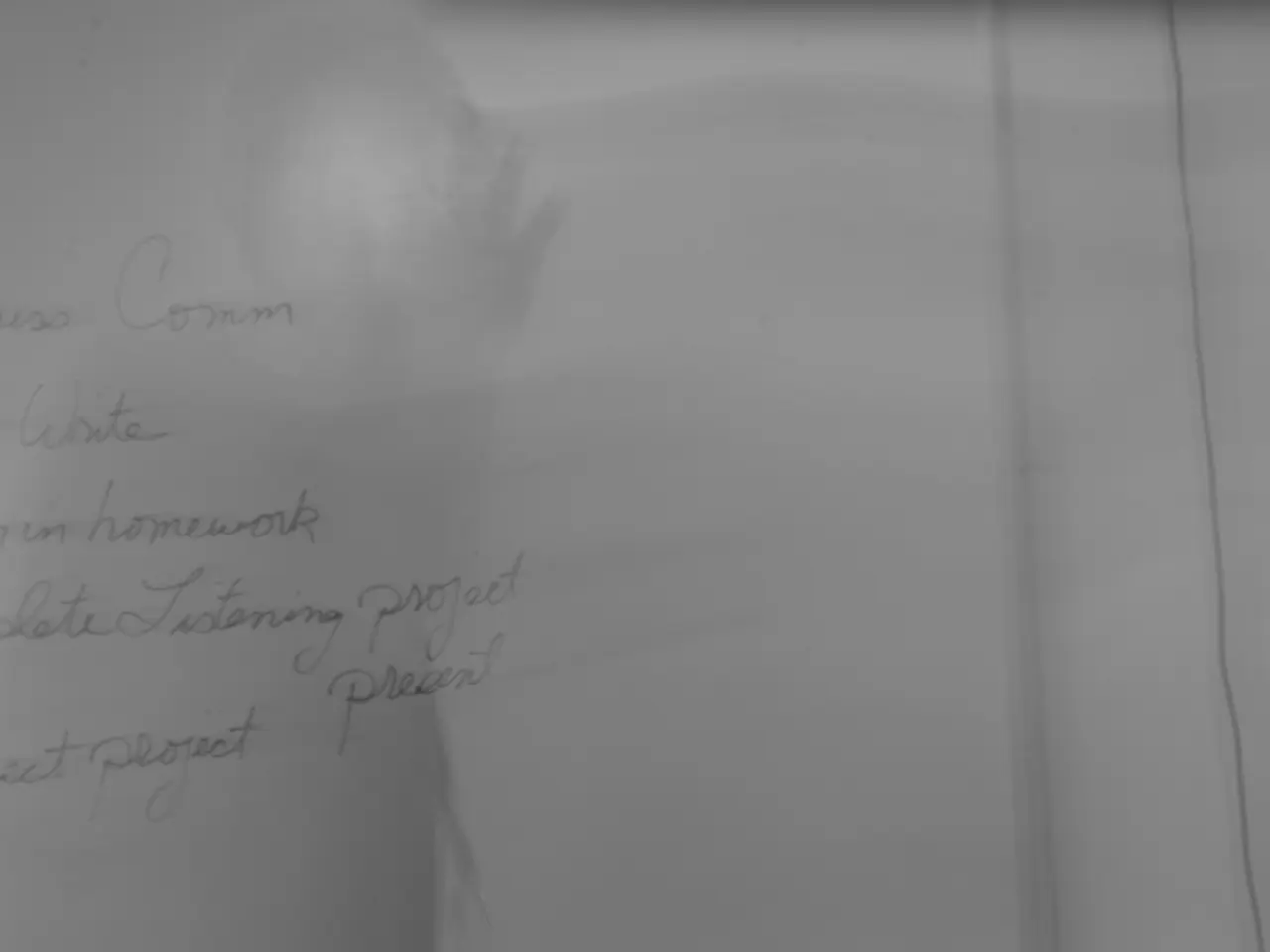1. Lithuania's Foolish Resistance Against Russia: Three high-profile clashes highlighted
Lithuania's Decision to Abstain from Russian Gas Purchase: Economic Implications and Resilience
On April 2, 2022, Lithuania severed ties with Russia regarding gas imports, following suit with numerous European states. This decision, however, has resulted in economic challenges and opportunities for resilience within the Baltic nation.
Initially, Lithuania's energy infrastructure was intertwined with Russia, given its connection to the unified energy system dating back to the Soviet era. Upon refusing Russian gas, the country has managed to diversify its energy sources primarily through the Klaipėda LNG terminal, ensuring gas needs are met without Russian supplies [1].
However, even with these efforts, Lithuania still faces significant challenges in ammonia production. The Lithuanian-based Achema plant halted production of ammonia due to escalating gas prices. It is noteworthy that ammonia production, albeit expensive, is a critical process for the production of fertilizers [1].
While Lithuania has decreased its reliance on Russian electricity by aligning with the European continental electricity grid, eliminating its dependency on Russian gas remains a challenge. Economically, the Baltic region's energy infrastructure remains vulnerable to disruptions, as demonstrated by the Balticconnector pipeline incident that caused price fluctuations in neighboring countries [3].
To alleviate these economic challenges and Ensure energy security, a series of potential solutions have been proposed:
- Grid synchronization with the European continental electricity grid helps reduce reliance on Russian electricity, enhancing regional energy resilience [3].
- The EU's future policies, such as the Carbon Border Adjustment Mechanism (CBAM),could support Lithuanian producers by imposing tariffs on Russian fertilizers, thereby improving market conditions [1].
- Investing in infrastructure for alternative energy sources like LNG terminals, and developing domestic or regional ammonia production capabilities could further minimize dependence on Russian imports [1][4].
- Accelerated electrification in residential and industrial sectors can lessen overall energy consumption and reliance on fossil fuels, a strategy that could be applied across the region [5].
These measures aim to bolster Lithuania's energy security and economic stability amidst geopolitical challenges.
- The decision by Lithuania to abstain from Russian gas purchase could have significant implications in the realm of policy-and-legislation, as the European Union might consider similar measures as part of their war-and-conflicts policy towards Russia.
- The migration of businesses in Lithuania could be influenced by this decision, as some industries, particularly those dependent on energy, might reconsider their operations in a country with increased economic challenges due to energy disruptions.
- In the finance sector, investors might display caution in investing in Lithuanian businesses, considering the potential risks associated with the nation's energy vulnerabilities, given the abstinence from Russian gas.
- General news outlets might cover more stories related to business and politics, as the ongoing situation in Lithuania serves as a case study for other nations navigating similar gas-independence decisions, thereby influencing the broader energy industry landscape.








